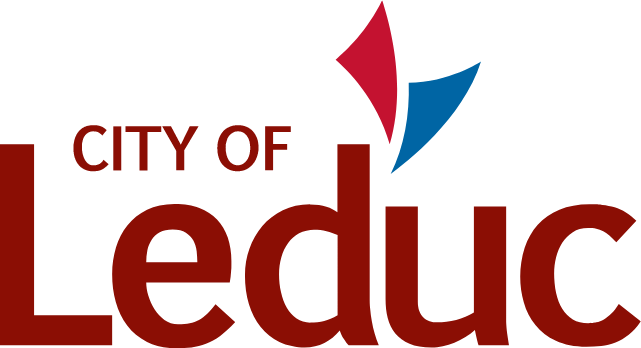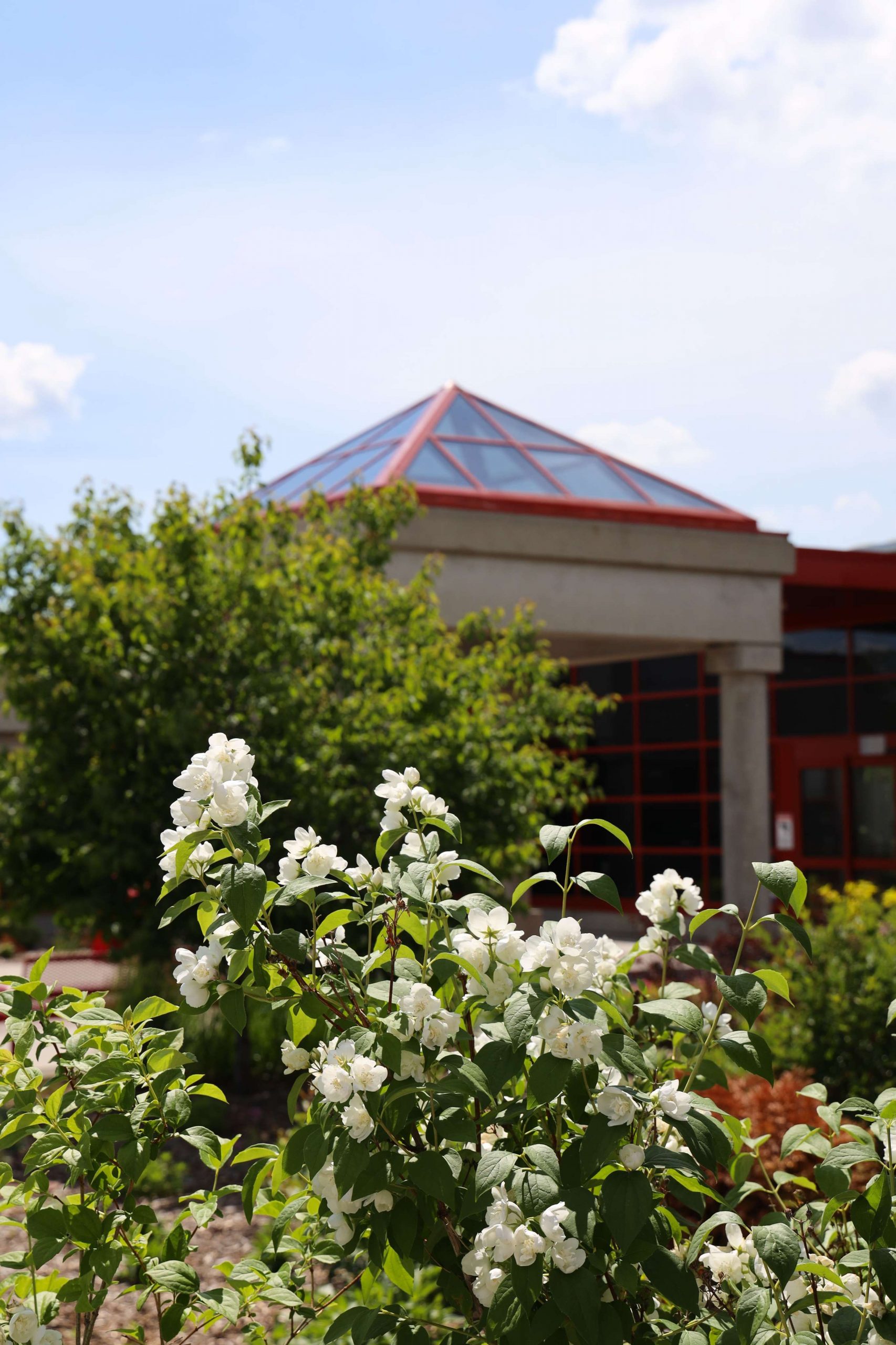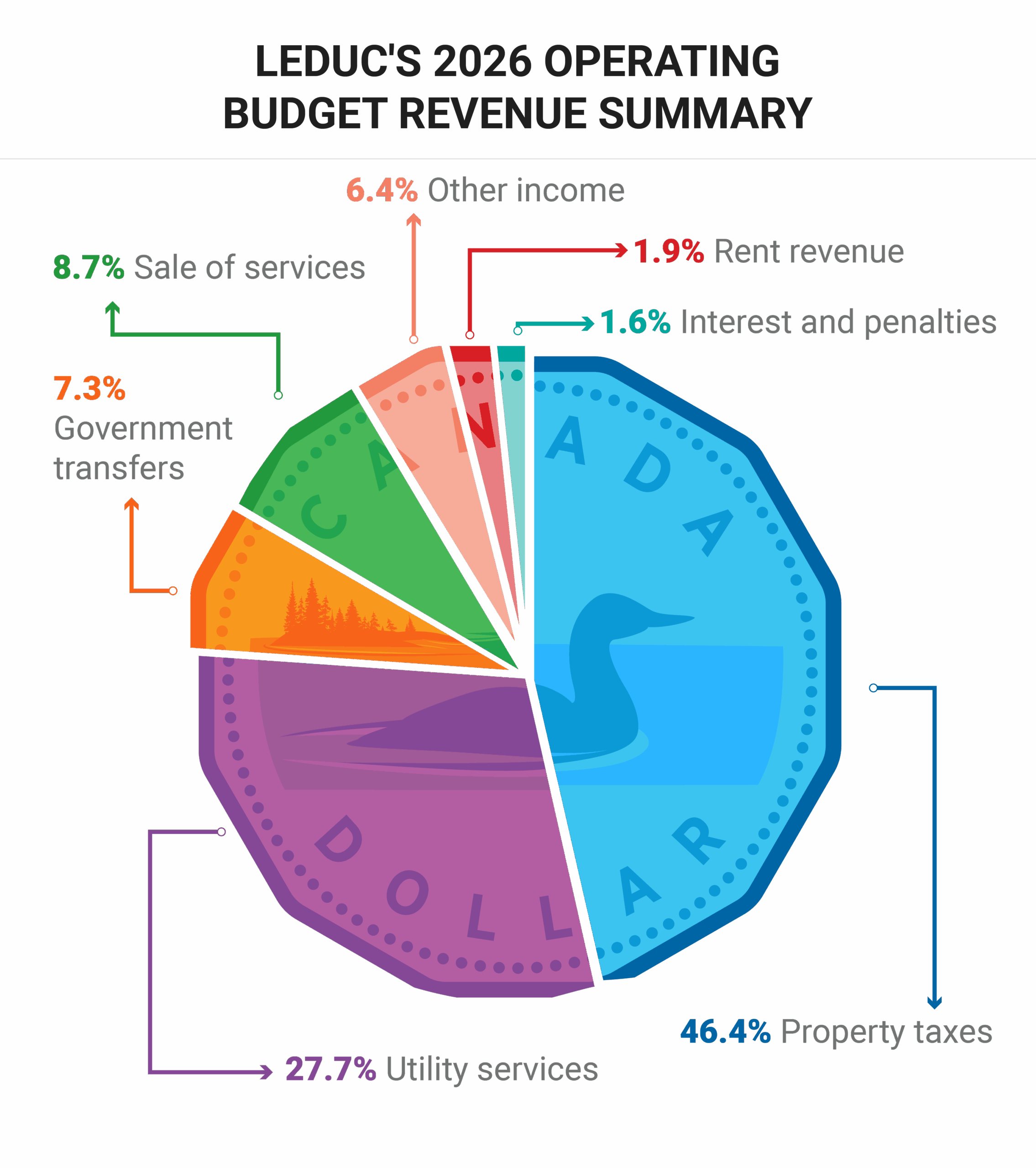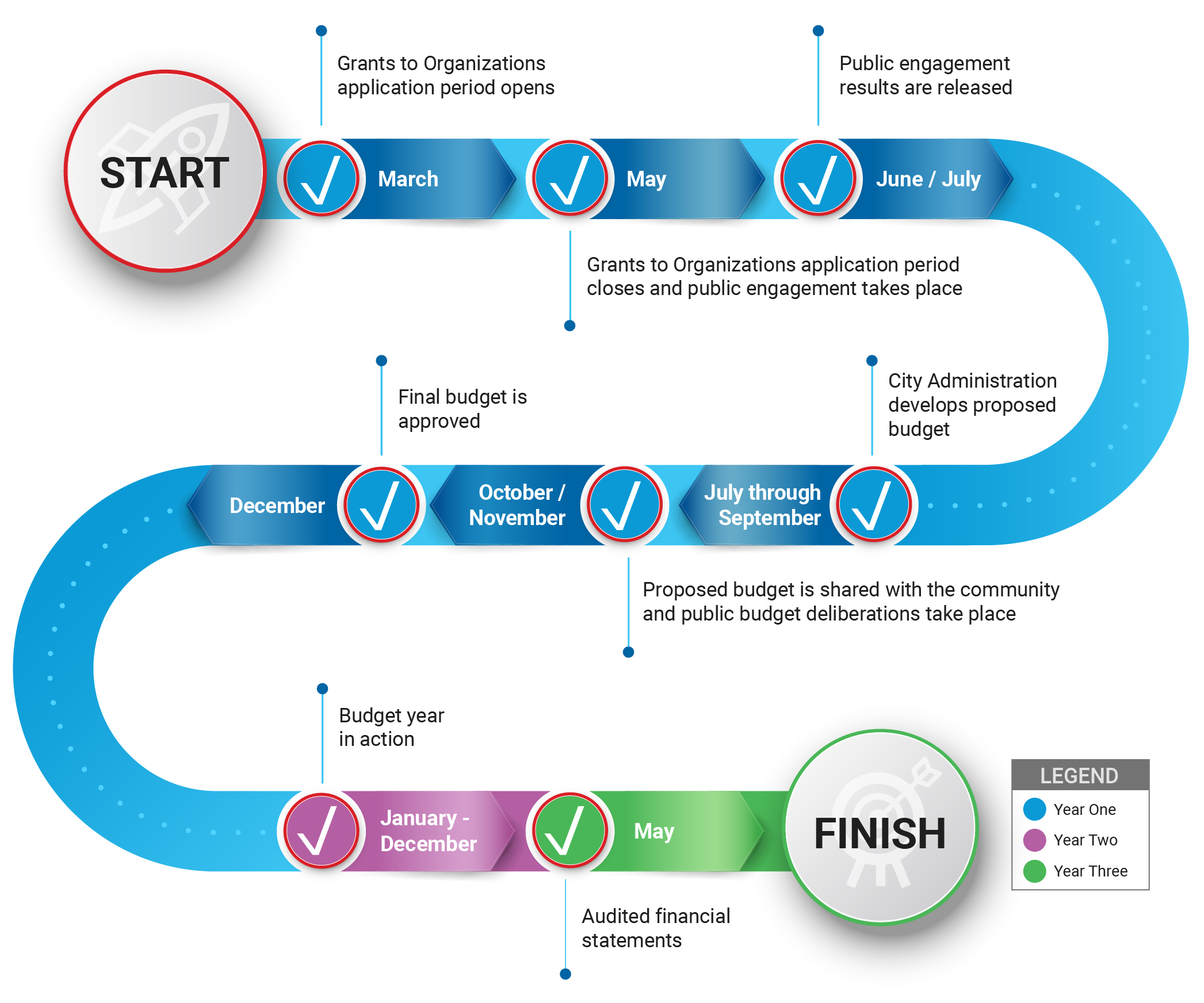Leduc’s budget is our plan for how money will be collected and spent to support the programs, services, and infrastructure our community needs.
Each year, we review and approve the budget with a focus on both short-term and long-term goals. The operating budget looks three years ahead, while the capital budget looks ahead ten years. This helps the City provide steady services and prepare for future growth by planning and saving for big projects.
Since community needs and financial situations can change, we review and adjust the budget every year based on new needs, unexpected economic shifts, or changes in funding from the province or federal government.




